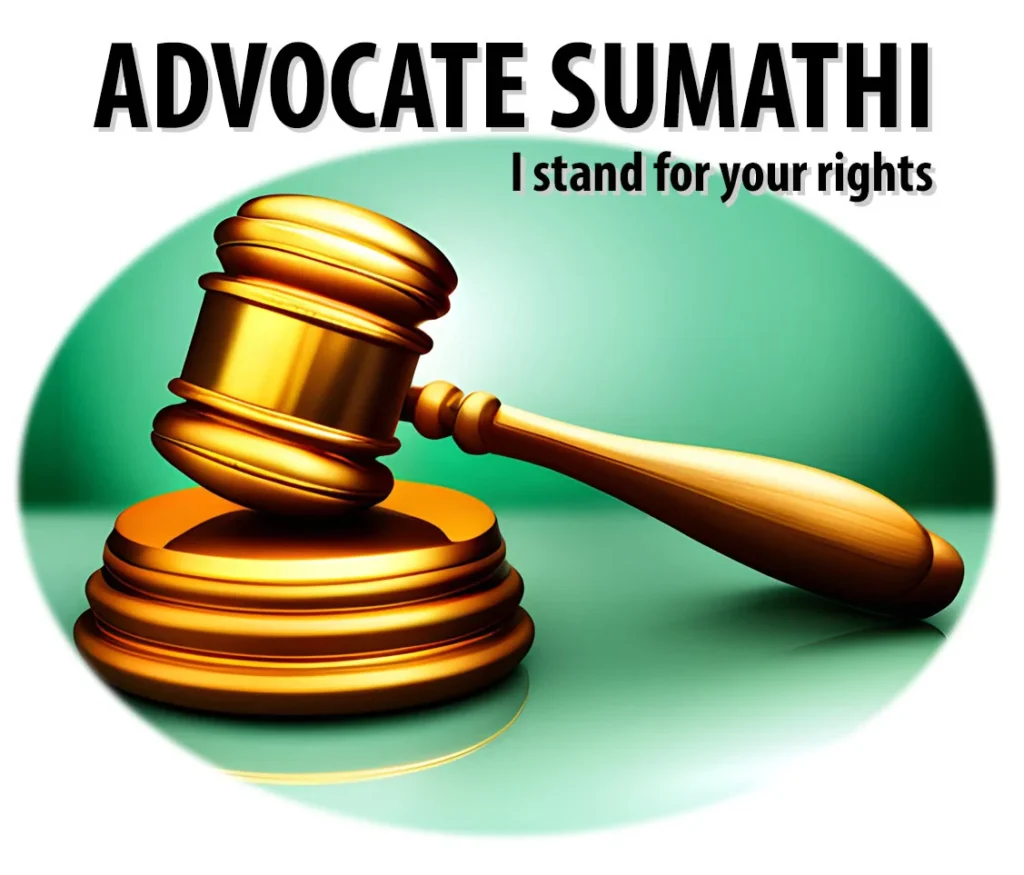Sending money between countries and platforms is easy in the digital age. This simplifies but increases fraud risk. Someone or a corporation that isn’t guilty of fraud having their bank account stopped for third-party fraud is alarming. Fraudsters move money through other accounts to deceive victims. Complex paper trails bring innocent individuals into legal problems. This article discusses bank account freezing legislation, solutions, and victims’ rights.
Legal Provisions Governing the Freezing of Bank Accounts
Several Indian laws allow officials to freeze bank accounts suspected of cybercrime or money laundering. Identity theft, hacking, and phishing accounts can be frozen by the government under the Information Technology Act, 2000 (IT Act). Money laundering accounts can be frozen under PMLA 2002 Section 17(1)(iv). This includes hacker accounts. These standards ensure investigations proceed without illicit bargains. The freezing process must be legal to prevent abuse.
Representation before the Investigating Agency
A frozen bank account holder should contact the police or cybercrime cell to learn more about the halt. That person should officially request why the account was frozen and prove the money is real. If confiscated property is no longer needed for the investigation, the police can release it under Section 106(3) of the Cr.P.C. In case of further legal action, the account holder may have to execute a bond to guarantee funds.
Relief before the Magistrate
If the freeze is unfair, the account user can seek the Magistrate to lift it under Sections 497 or 503 of the Cr.P.C. These guidelines allow the Magistrate to unlock frozen accounts and property. The Magistrate can hold or discard the account until the investigation is complete under Section 497. The account holder can return seized goods to its genuine owner under Section 503 if they can establish the funds are authentic and follow the investigation guidelines.
Challenge before the High Court
If the account holder is struggling due to the freezing, they can file a writ lawsuit with the High Court under Article 226 of the Indian Constitution. Ask for a writ of mandamus to challenge the freeze if it violates basic rights. Article 21, which guarantees life and personal freedom, also protects against asset freezes that make it hard to work. Article 19(1)(g) protects corporate freedom, and Article 14 ensures legal equality. A difficult bank account freeze can be appealed under these rules.
Rights When Your Bank Account is Frozen
Account owners have the right to know why their accounts are frozen. The bank must notify the account holder of the freeze. Call the bank or visit the branch immediately to find out what to do with this letter. Account holders should cooperate and disclose whether their money is real. If they can prove the account action is true, the freeze may be lifted and full access restored.
Conclusion
Hearing your bank account has been blocked can be scary, especially if the account holder is not doing anything wrong. People and businesses are protected by law. By understanding the regulations and taking action, frozen account holders can preserve their rights and lift the freeze. Working together, being honest, and taking prompt legal action can solve these difficulties.

